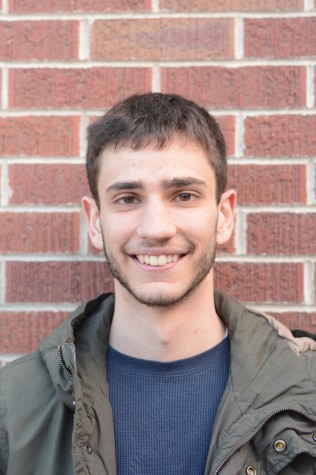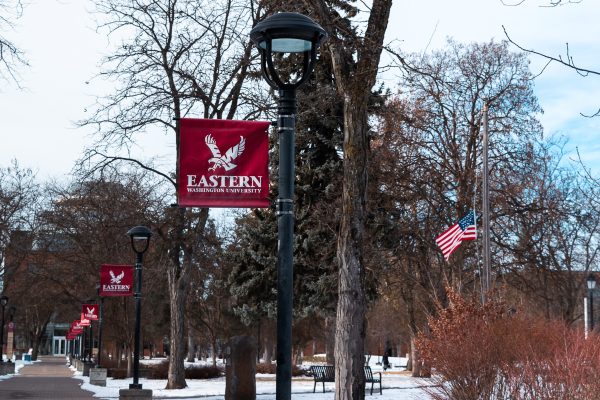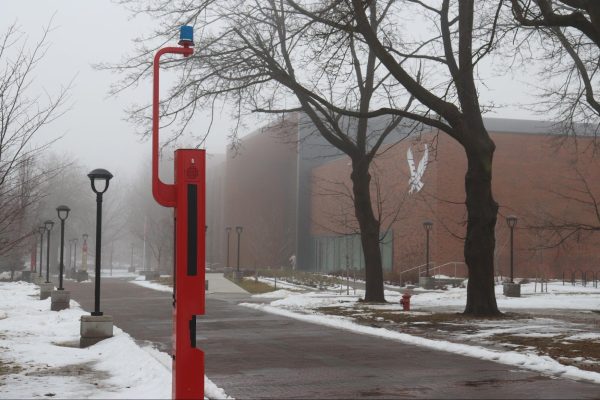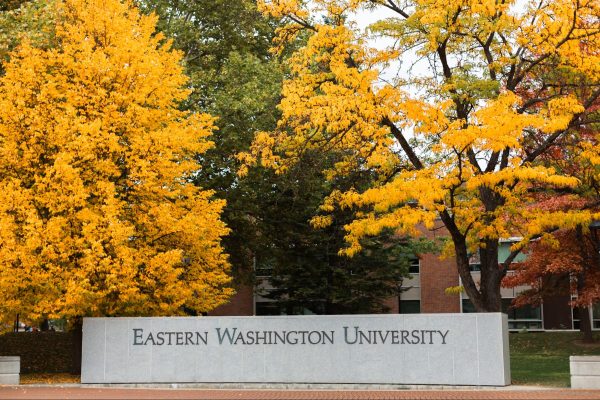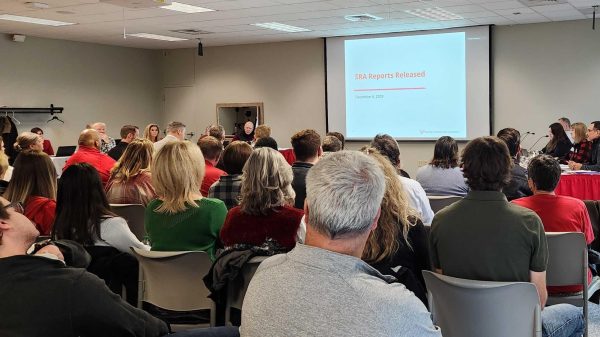Washington health exchange shows positive prognosis

April 9, 2014
After a final surge on the last day of open enrollment, Washington Healthplanfinder announced that over 146,000 people signed up for private health plans on Washington state’s health care exchange through March 31.
Out of the 146,000 who signed up since Oct. 1, 2013, 8,000 of those enrolled on the final day of open enrollment. Including newly eligible and previously eligible adults, over half a million residents have signed up for new free or low-cost health insurance options through the health care exchange.
“It’s clear that there was a strong interest in health insurance by a significant portion of the low-income population,” said Jim Stevenson, communications director for Health Care Authority.
Stevenson indicated that Washington’s health care exchange functioned better than other state-based exchanges. In contrast to others, Washington’s exchange let people browse the market before buying a policy or completing a transaction. As a result, Stevenson said people became familiar with the program and felt comfortable when they did come to a decision.
Richard Onizuka, CEO for the Washington Health Benefit Exchange, said in a press release that those who missed the March 31 deadline will be “considered on a case-by-case basis.”
“While we’re pleased with the recent surge in enrollments, we know that many customers experienced issues completing their applications yesterday and the days leading up to the deadline. We are committed to working with those affected to finalize their applications if they were seeking coverage before March 31,” Onizuka said.
Mary Hoss, health services and public health programs director at EWU, said many states did not know if they wanted to go for Medicaid expansion, but Washington decided early on to commit to it.
“This state has been forward and very assertive,” Hoss said.
She commended the individuals who went out to educate Washington residents on their health care options and credits them with some of the state’s success in Medicaid expansion.
Both Hoss and Stevenson said the state is now trying to figure out how mental health coverage will fit into Medicaid expansion.
The state legislation recently passed a bill concerning mental health and chemical dependency treatment. Bill 6312, which is awaiting Gov. Jay Inslee’s signature, would be the first step in integrating mental health and chemical dependency treatment with other physical Medicaid treatments.
The legislation also would create a taskforce which would recommend how to better integrate behavioral and physical health.
Stevenson expressed hopefulness for these recent developments.
“The fact that we’re moving on that track is encouraging to people,” Stevenson said.



